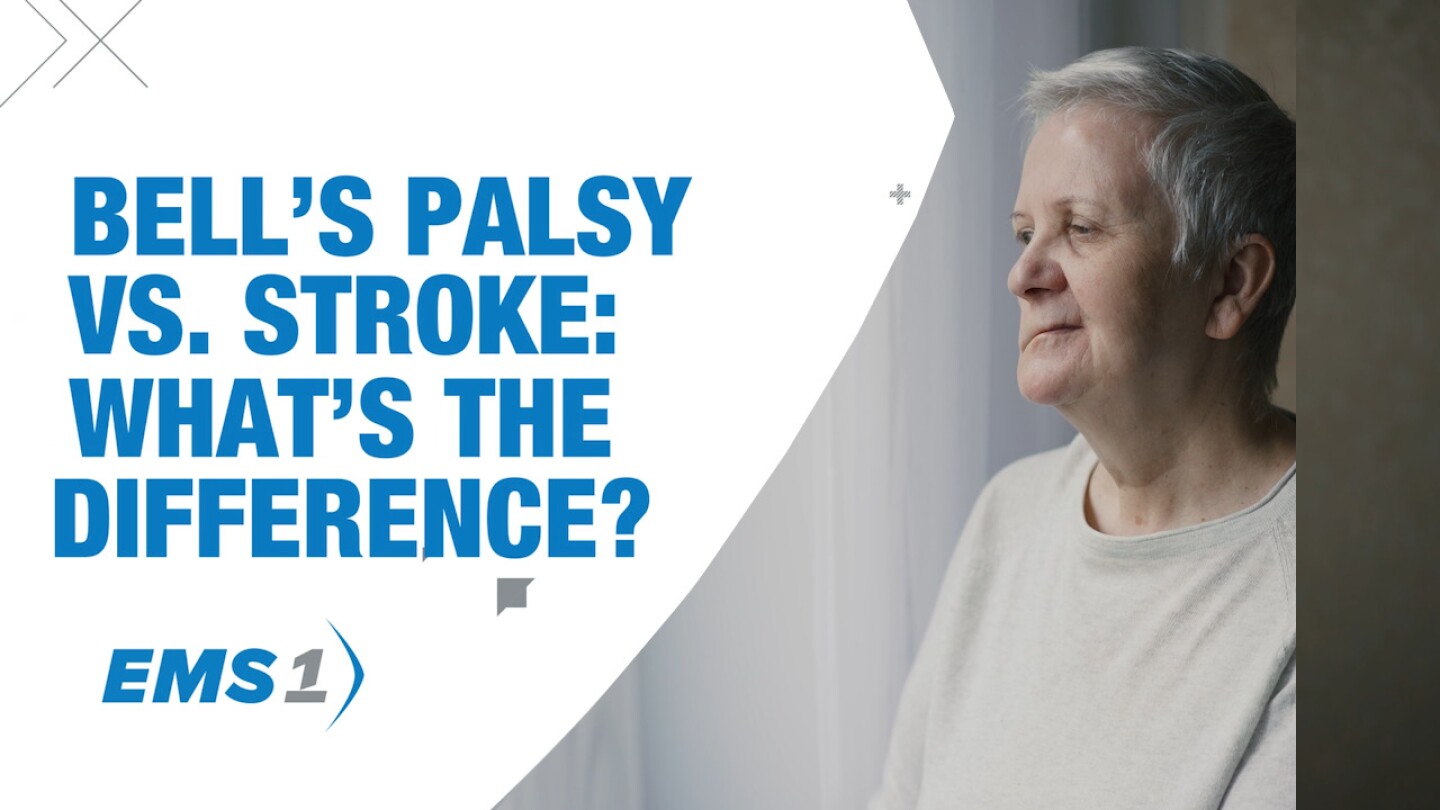Clinical
Access our directory of clinical articles in EMS, which offers in-depth information on patient assessment, treatment protocols, and emerging medical practices. This collection covers various clinical topics essential for EMS professionals, from advanced pharmacology to trauma management. Staying up-to-date with clinical knowledge is vital for delivering high-quality patient care. For additional resources, explore our section on Medical Research. Enhance your clinical expertise with our expert-driven content.
Clinical, operational and legal solutions for high utilizers of the 911 system
What EMS needs to know about treating suicide attempts
Here’s a breakdown of differences in Bell’s palsy and stroke symptoms and prehospital care differences
Our co-hosts are joined by EMS1 columnist Dan Limmer, who shares his experience and opinions on DNR’s
Technology to photograph, video and broadcast from an emergency incident to a dispatcher shortens EMS response, improves bystander care and ensures better patient treatment at hospitals
Health Canada amended its regulations to allow doctors to prescribe the drug as a treatment for those who are severely addicted
The price for a two-pack of EpiPens is currently $608; here’s a roundup of states that allow EMS personnel to draw up epi from an ampoule or vial
Preliminary data published in the Journal of the American Geriatrics Society demonstrates early successes of a N.Y. community paramedicine program
A fire truck was on scene within three minutes of the call, but it did not have a paramedic on board
The device allows geriatric patients to notify EMS when an injury occurs and provides responders with additional information
The software will give dispatchers scripted questions to figure out what ails callers and decide which tier of response to provide
Medics were able to delivery the baby in a speeding ambulance and safely remove the umbilical cord from the baby’s neck
More than 6,200 ER visits and over 1,000 ambulance transports have been avoided; there’s also been $9.6 million in savings to patients and the health care system
Trendelenburg is taught to all EMS students, but does it still have a place in prehospital care?
Asking our patients and their families to provide feedback through a formal assessment of patient satisfaction should be a priority of every EMS agency
How do you assess and treat general weakness in a geriatric patient that faints at church or a public event?
Lactate may be used to identify a common killer in the prehospital environment
Review the findings for a critical shock patient and understand the ominous implications of pathological Q waves
Firefighters who have just been cleared to give naloxone report combative patients
The agency was denied permission to operate in Huntington Beach last year after the city stated it had exclusive rights to provide EMS services
Officials performed an active-shooter drill using the new kits, which are intended to help civilians treat gunshot wounds until first responders arrive
A preliminary review showed the company “may have inserted potentially anticompetitive terms” into sales contracts with many school systems
Instead of learning standard CPR, the students learned an innovative method of CPR that relies on teamwork
An official said paramedics respond to between six and eight overdoses a day
By switching to “Check & Inject” kits, the agency will save around $40,000
Dispatch centers emphasize the slogan: “Call if you can, text if you can’t”
EMTs are asked to be more aggressive in situations like mass shootings and industrial accidents
Cypress Creek medics believe the patient would not have made it to the hospital alive without the transfusion
Following the example of Washington State, a pilot program is testing phasing out EpiPens in EMS
An official said Sunday that the outage was caused by an equipment failure inside the system
From dangerous scenes to an increased role as patient advocate, the profession shows signs of evolution


















